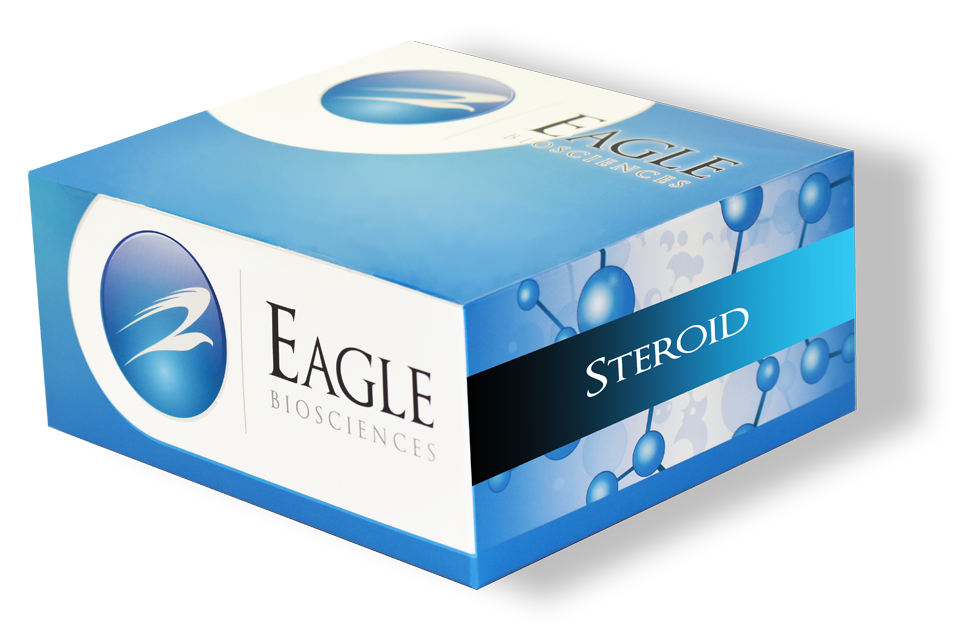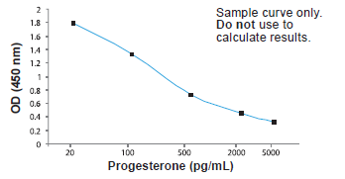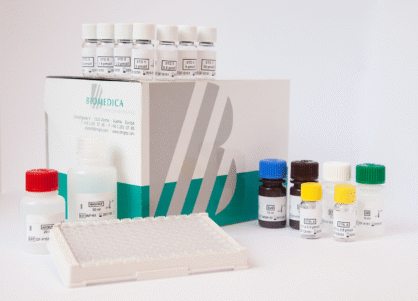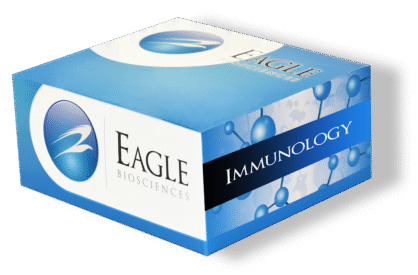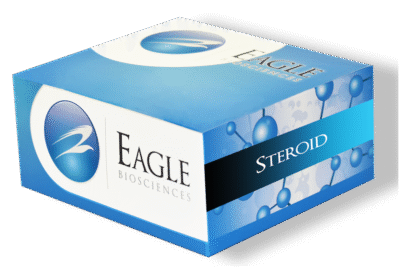Progesterone Saliva ELISA Kit
Progesterone is a steroid hormone produced mainly by the corpus luteum in the ovaries, the placenta during pregnancy, and in smaller amounts by the adrenal glands. It plays a pivotal role in regulating the menstrual cycle, preparing the endometrium for embryo implantation, and maintaining pregnancy by supporting uterine quiescence and immune tolerance. Progesterone also influences other physiological processes such as mammary gland development and neuroprotection, reflecting its broad biological importance.
In clinical and research settings, progesterone is commonly measured to evaluate ovarian function, diagnose luteal phase defects, and monitor early pregnancy health. It is an essential biomarker in fertility treatments, helping to time ovulation and guide progesterone supplementation protocols. Additionally, abnormal progesterone levels can indicate risks of miscarriage, ectopic pregnancy, or hormonal imbalances like polycystic ovary syndrome (PCOS). In research, progesterone is studied for its role in reproductive endocrinology, hormone-dependent cancers, and neurobiology, making it a vital hormone for both diagnostic and therapeutic purposes.
This Progesterone Saliva ELISA Kit is manufactured in USA by Eagle Biosciences.

